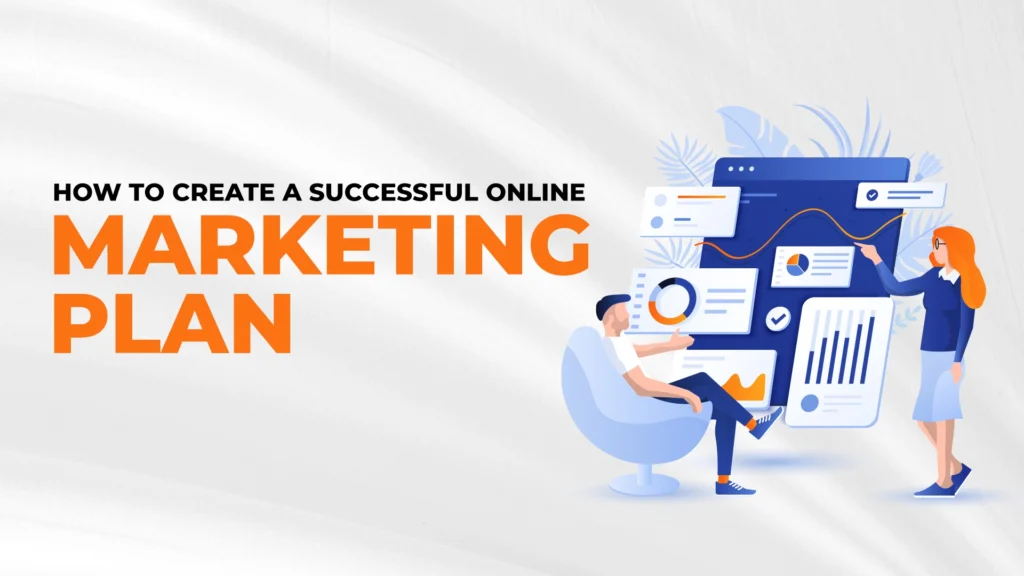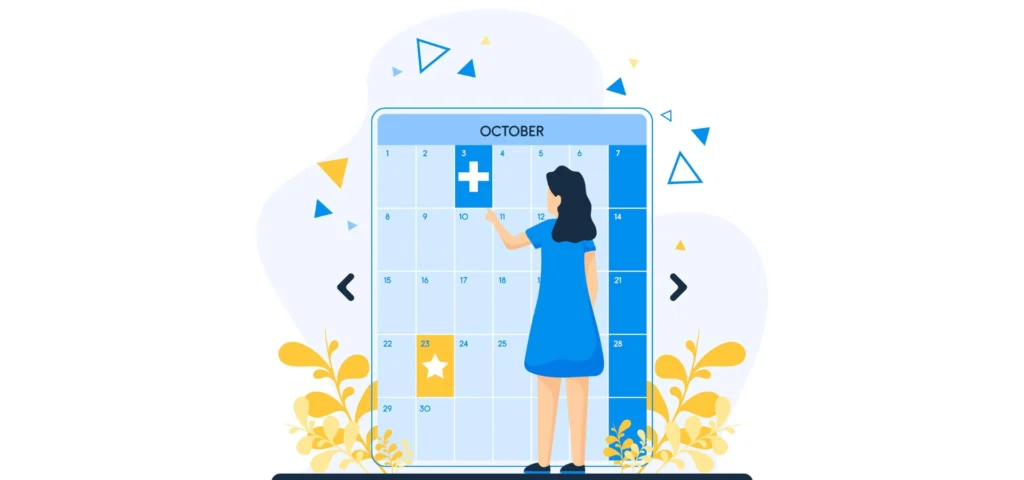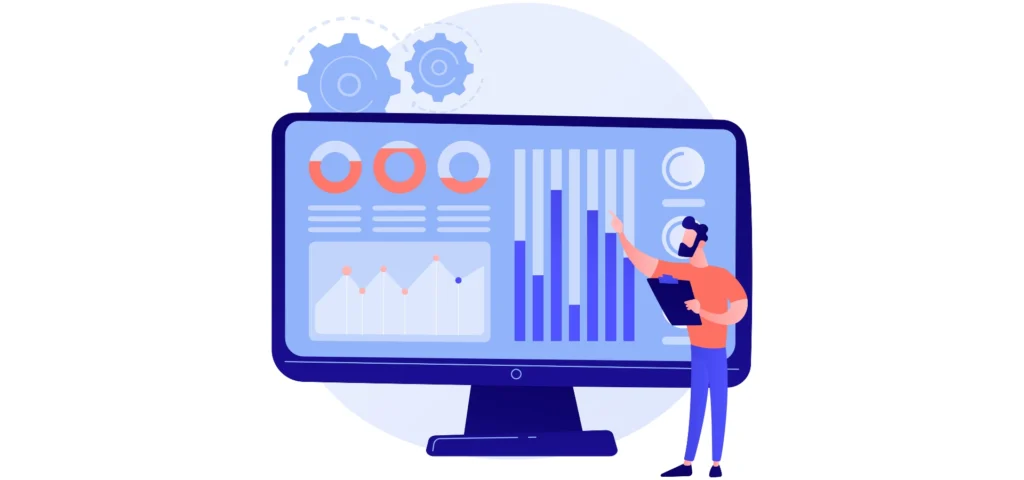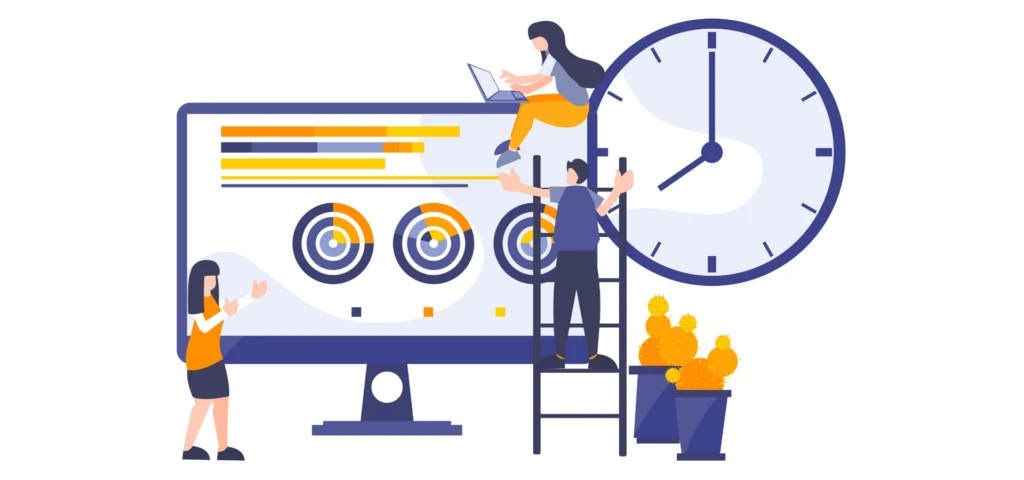
If you want to grow your business and get more customers, online marketing can be a powerful tool. But it’s not as simple as buying ads on Facebook or posting on Twitter every once in a while. To make sure you’re getting the most out of your investment in digital marketing, you need a strategy – and that means spending some time up front to learn about your audience, what’s already working for other businesses like yours, and what channels are available to reach them.
- Get to Know Your Audience:

The first step to creating an effective online marketing plan is to figure out who your audience is. If you don’t know who your target market is, how can you possibly create content that resonates with them?
- Demographics: This includes information about gender, age range, location and education level. It’s important for the success of any business that its employees understand these demographics so they can speak directly to the needs of their customers or clients.
- Psychographics: This refers more broadly than demographics do–it includes information about lifestyle choices and interests rather than purely demographic details such as age or gender (though those may be included). Examples include whether someone prefers shopping at local stores over big box stores or if they like listening to jazz music versus pop music while working out at home gym equipment . You also might want find out what kinds of products/services other businesses within this industry offer before developing yours; this way there won’t be any overlap between yours and theirs!
- Find Out What’s Working for Other Businesses:
Once you have an idea of what your target customer wants, the next step is to figure out how to reach them. The first place to start is by looking at what’s working for other businesses that sell similar products or services.
For example, if your business sells dog beds and toys, look at what content has been shared on social media by other pet retailers. You can also use analytics tools like Google Analytics or Facebook Insights to see which pages are getting the most engagement from users. This will help you understand what topics resonate most with them so that you can create additional content around those topics in the future.
- Know the Advantages and Disadvantages of the Different Digital Marketing Channels:
When you know the pros and cons of each channel, it’s easier to make informed decisions about how to spend your marketing budget. For example, if you’re running a small business and can’t afford paid ads on Facebook or Instagram, then it might be better to focus on one platform instead of spreading yourself too thin across multiple channels.
If your goal is to increase brand awareness and grow your follower base, then organic reach may be the best option for you (assuming that your content is quality). However, if one of your objectives is lead generation or direct sales conversions–and those goals require getting in front of highly targeted audiences–paid advertising may be more effective than organic strategies alone.
- Create a Content Calendar:

Before you can create a successful online marketing plan, you need to know what your goals are. What do you want to achieve? How will this help your business? This step is important because it helps determine the type of content that should be created and how often it needs to be published.
Once you’ve got those answers in mind, it’s time to create a calendar–a list of all the publications or posts that are going out over time so that everyone involved (from editors and writers through marketers) knows what’s coming next. The purpose of this tool is twofold: It keeps track of what has already been done while also planning out future efforts so there are no surprises along the way.
- Create a Social Media Strategy:

Social media is more than just a tool for communication. It’s also a way to build your brand, connect with customers and engage in conversations online.
If you want to use social media effectively, the first thing you need to do is create a strategy that will help you reach your goals. The second step is measuring its success–and that’s where things can get tricky.
- Use Free Tools to Manage your Campaigns and Measure Results:

There are many free tools to help you manage your campaigns and measure results. You can use these tools to track the performance of your campaigns, measure their success, and monitor social media conversations about your brand or products.
Use analytics to measure the success of your marketing efforts. Analytics help you understand how well different aspects of your online presence are performing so that you can adjust them accordingly. For example:
- Use social media monitoring tools like Hootsuite or Sprout Social to track what people are saying about you on social media channels like Facebook and Twitter (and elsewhere). This information can help guide future decisions about where else it makes sense for businesses like yours to engage with potential customers online–and where they don’t want anything more than a passing glance from anyone who happens across their profile while browsing through newsfeeds full of updates from friends’ lives back home.”
- Keep In Mind – Online Marketing Takes Time:

Online marketing can help you build your business and reach new customers, but it takes more than just creating a Facebook page or posting on Twitter every once in a while. Online marketing is a long-term strategy. It requires time and effort, and it’s not something you can just do once or twice. If you want to be successful with online marketing, it will require consistency from your business.
You need to make sure that your content is engaging for your audience. A good way to do this is by providing them with valuable information about what they’re looking for as well as tips on how they can improve their lives through products or services in your industry. The more helpful content you provide for people who visit your site, the better chance there is that they’ll become loyal customers who purchase from you again and again!
Conclusion:
Online marketing can be a great way to connect with customers and grow your business, but it’s not as simple as setting up a Facebook page and posting once in a while. You need to understand who your audience is and what they want from you before you start creating any campaigns or content. Once you know those things, then it’s time for the fun part: coming up with creative ideas that will help them engage!
Stay updated on the latest digital marketing news and strategies by subscribing to our blog and following us on social media. We provide valuable insights and tips to help you succeed in your online endeavors.
Hope our blog has proved beneficial for you! We are here to craft your digital marketing strategy and help your business to reach new heights. Get in touch with us to seek any further advice or solve any query.

I am Prakash, an entrepreneur, a skilled digital marketing consultant, a trainer, and a speaker.
So, if you wish to upskill your team, upgrade your digital strategies or leverage your brand presence on digital media, feel free to get in touch with me.